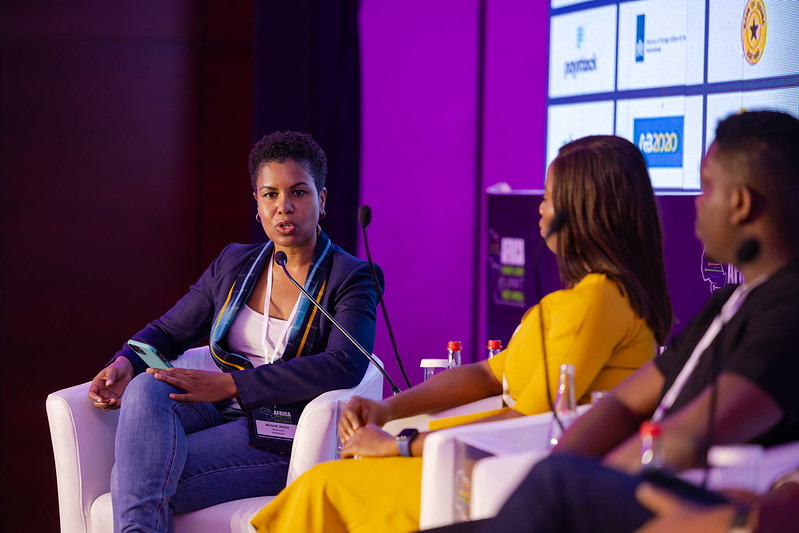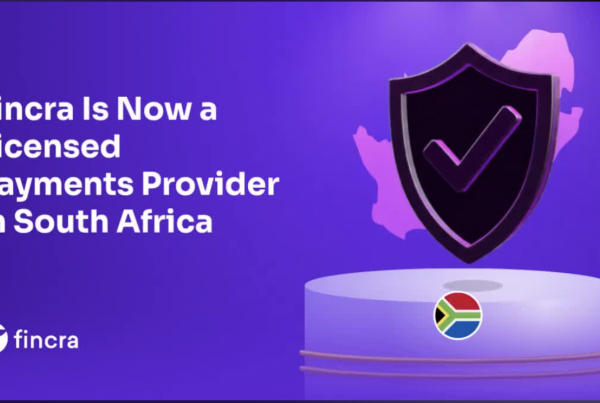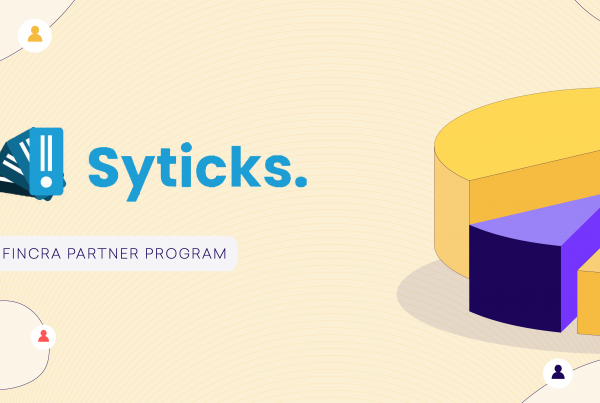Introduction
Fincra’s Head of Operations Uzoamaka Okoro was one of the speakers at a panel session at Africa Money & Defi Summit which was held in October, 2023 in Accra, Ghana.
The Africa Money and DeFi Summit connects industry leaders from the African fintech and crypto ecosystem and international players.
Uzoama represented Fincra in a panel session themed Payments Opportunities: Cross Border Trade & Remittances.
During the session shed light on the use cases for Fincra, engagement with regulators, utilisation of artificial intelligence (AI), and its perspective on industry-wide challenges.
Here are seven key talking points from the insightful conversation.

1. Fincra use cases
With every opportunity to speak of the good works of Fincra, our Head of Operations highlighted two primary use cases of Fincra.
“At the moment, the most popular use cases are actually two interesting use cases. One is that we see businesses using Fincra to accept payments using cards and mobile money with our platform, and this is basically your online business, e-commerce, or a professional service company needing to accept payments on their website for their customers. Hence, they leverage Fincra APIs to enable them to do this,” she said.
“For the second bit, there is a strong need for them to transfer funds from Nigeria to China or the USA. Basically, to allow them to trade across those different markets, cross-border payments. Those are the major use cases that we see.”
2. PAPSS and infrastructure for scale
Uzo expressed optimism about the Pan-African Payment and Settlement System (PAPSS), foreseeing it as a catalyst for providing an infrastructure that enables scalability within the African market.
Drawing parallels to established systems like Swift and SEPA, Uzo believes that PAPSS has the potential to significantly impact African trade, fostering economic empowerment and improvement.
“You are bringing on players, and it is like the Nigeria Inter-Bank Settlement System (NIBSS), that is enabling banks, fintechs, and everyone to leverage their system for instant payments. That is the same way I see PAPSS. We can also liken it to Swift, Swift payments and Single Euro Payments Area (SEPA).
“Because of these two payment infrastructures, trade is made easier, there is economic empowerment, and economic improvement, and you see that companies or rather businesses in those different regions are able to leverage that system and make instant payments. We hope PAPSS fulfils and reaches that promise because it is going to be a big enabler of African trade.”
3. How Fincra engages regulators
When discussing the engagement with regulators, Uzoamaka emphasised Fincra’s approach of actively seeking collaboration, rather than hiding from regulators, especially when introducing new products or innovative solutions.
“In terms of engaging regulators, it is interesting you said startups typically hide, but that probably has been the case because, in their specific area of specialisation, there may not have been available regulations basically guiding their operations.
In terms of engaging the regulators, it would be at the point where we need to bring a new product or innovative solution to the market. We seek regulators to see their thoughts on this; how can we position it? Is there an existing framework that governs this? And how can we build that together? We are seeking their opinions, so we are working together, and it’s not a case of hiding or anything like that.”
4. AI for operational efficiency
Uzo briefly touched on Fincra’s use of AI for operational efficiency, mentioning its application in email management and utilising no-code tools.
“We use AI for our general operational efficiency activities. Currently, in Fincra, emails, taking email notes, and no-code tools as well.
“We are plugging all of that into simplifying one or two processes. We use Know Your Customer (KYC) tools like Comply Advantage, Refinitive and other African vendors as well, and we see that they are actually introducing AI into their product to basically solve things on fraud monitoring, so that is also an application where it comes in.
“But when it comes to payment, at the moment, when the capabilities of AI tools present themselves, of course, it is something that we will monitor and assess when the right time is to jump in.”
5. Building trust through reliability
Trust is paramount in the fintech industry, and Uzoamaka outlined key elements in building and maintaining it during a question and answer session after the panel session.
Summarising her words, Fincra focuses on ensuring the reliability of its systems, adhering to cybersecurity and data privacy standards.
Additionally, insurance of customers’ funds and regulatory relationships play crucial roles in instilling confidence.
“Ensuring the reliability of our systems is something that is at the core of what we do and just generally how people and businesses can ensure trust.
“Insurance of funds, setting up reliable systems, implementing and actually monitoring, because it’s one thing to implement standards and another to ensure continuous monitoring and governance around it.
“Regulatory relationships as well, customers want to know that they have some form of assurance or security; they want to know that this business I am entrusting my funds with has some relationship with regulators in case of any issue that happens; they know the regulator is aware that this business is happening and they can always leverage them just in case of anything.
“Those are the different ways that, as a business, we build trust and general businesses can also build trust as well.”
6. Mitigating exchange rate challenges
Uzoama addressed the inherent challenges of unstable exchange rates in Africa.
Fincra tackles this by offering customers a locked rate and actively preparing for potential risks, considering liquidity positions.
Acknowledging the volatility of African currencies, she emphasised the importance of strategic planning to balance profits and losses.
“We all know how volatile the African currencies are. It is important also to state that there are days where you have profits, there are days where you have losses, and there are days you really cannot prevent it, but of course, the profits always outweigh the losses. I think it is just important to state that.”
7. How the fintech industry should address trust issues
Uzo highlighted the collective responsibility of the fintech industry in addressing trust issues.
She pointed out the joint effort of fintech founders, operators, and stakeholders to combat rising fraud rates.
“We all know that the rate of fraud is rising, fraudsters are becoming smarter, and Tech is enabling a lot of these fraudsters to become smarter; we are seeing this trend, but we have to do something about it as a stakeholder as a group.
“We have come together to say how we can address some of these issues that we have seen. Some solutions are being put in place to say we want to address this on a group and infrastructure level because that is one way we can collectively stop these bad actors, so I will say, in that case, that is how we are looking at it.”
You can watch the full video of the panel session here.




